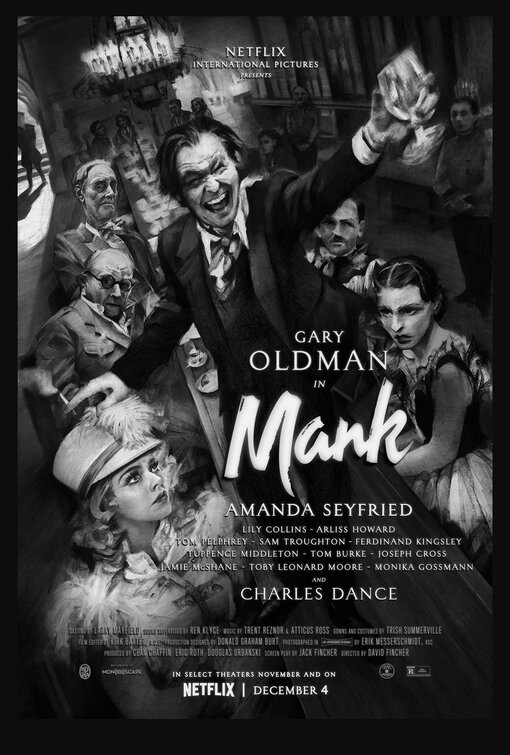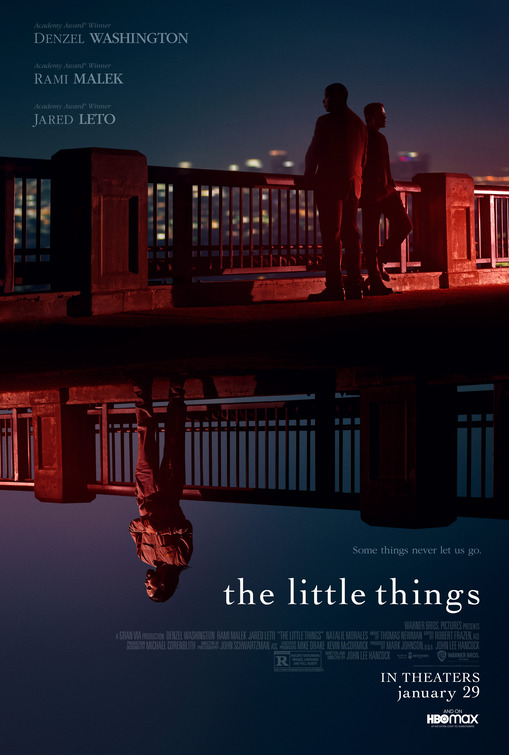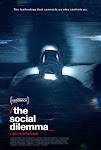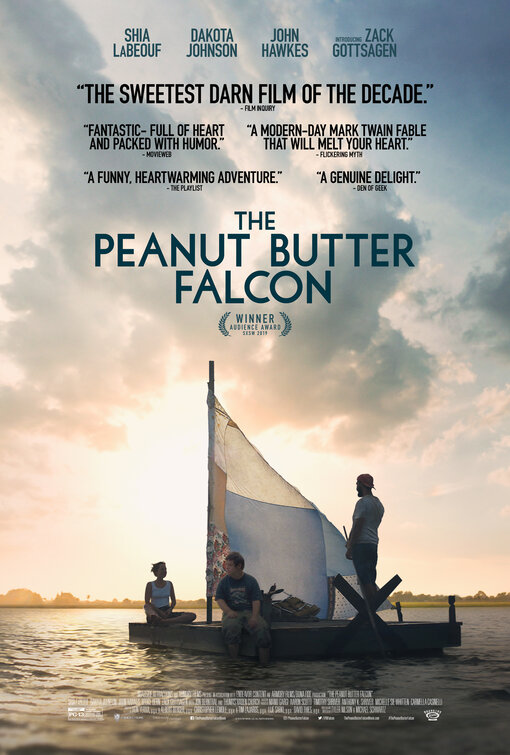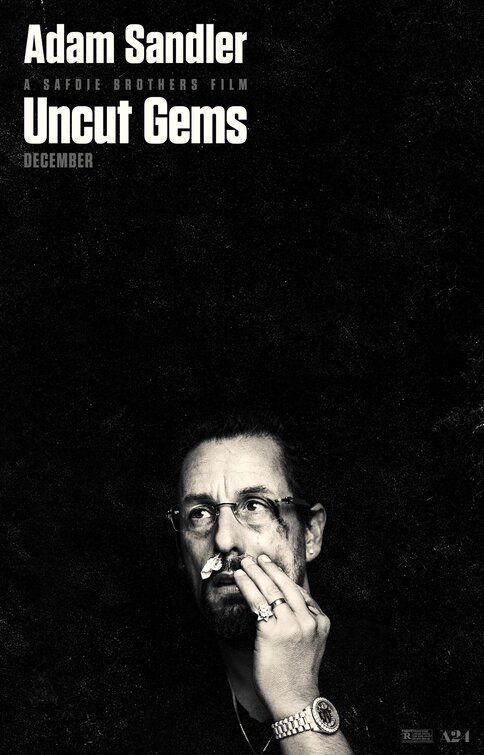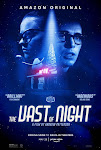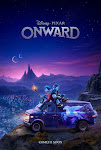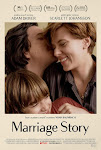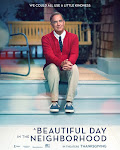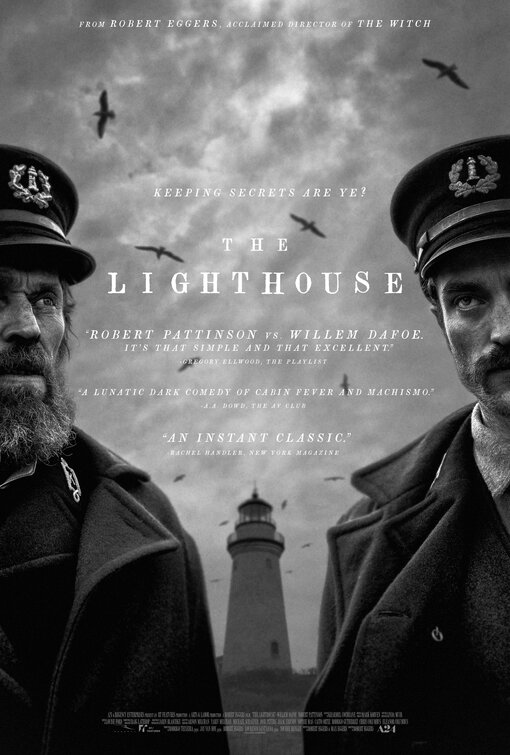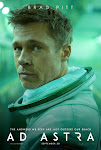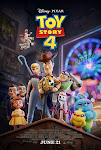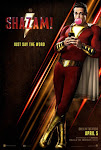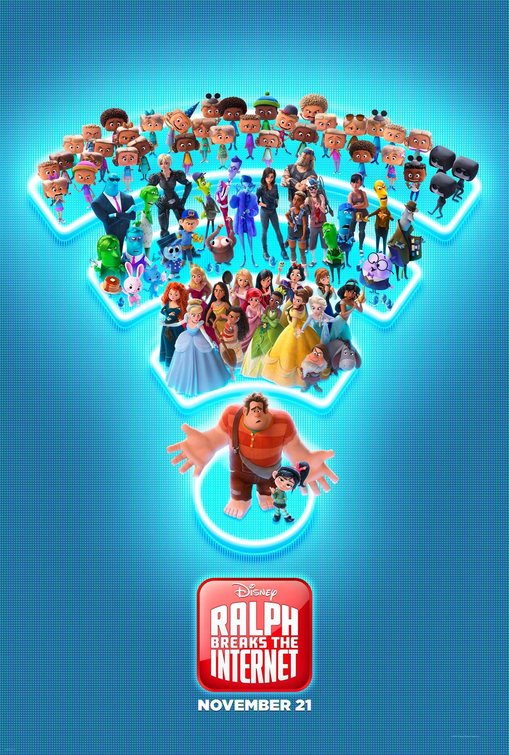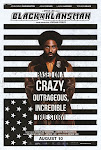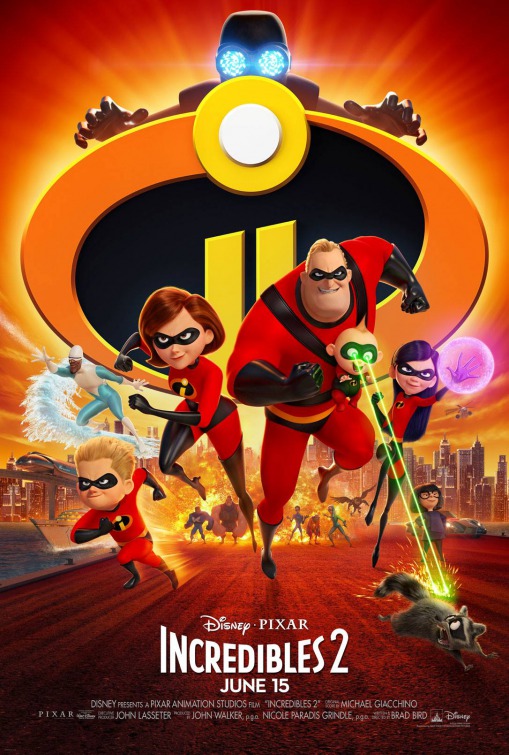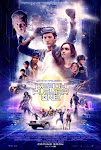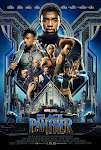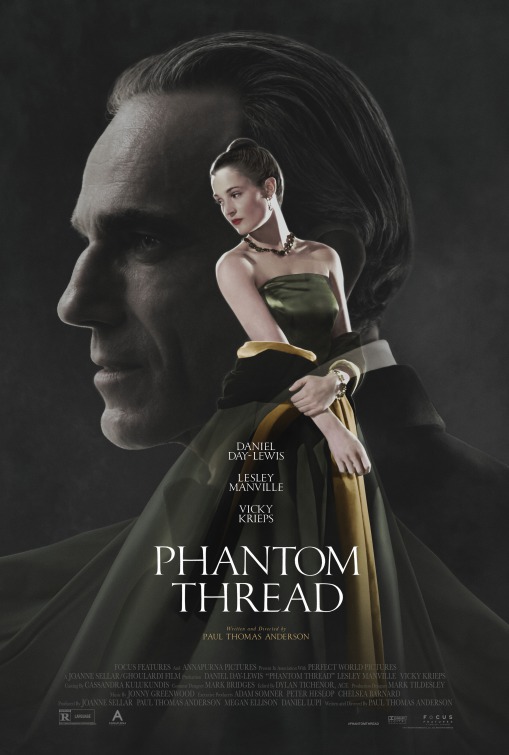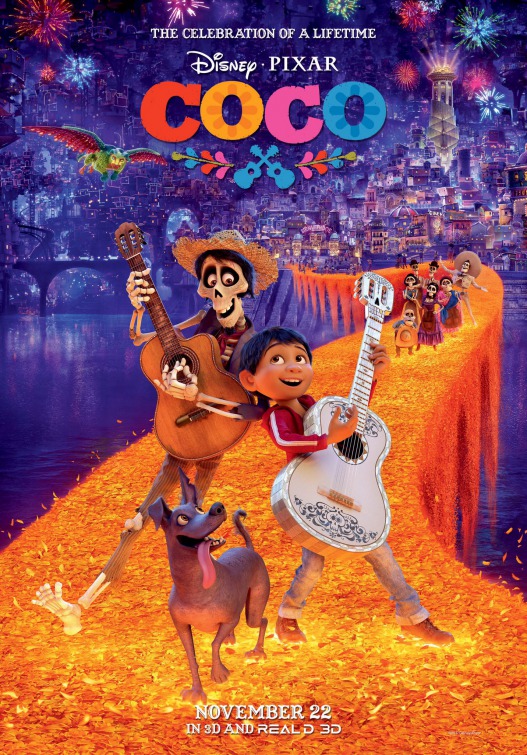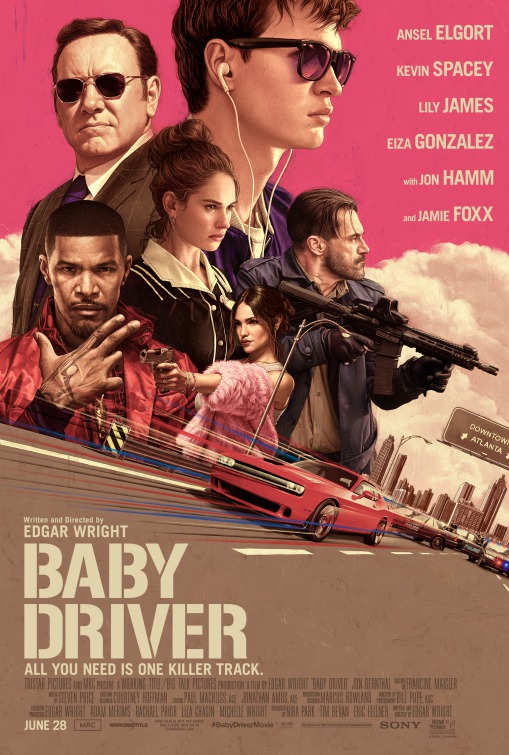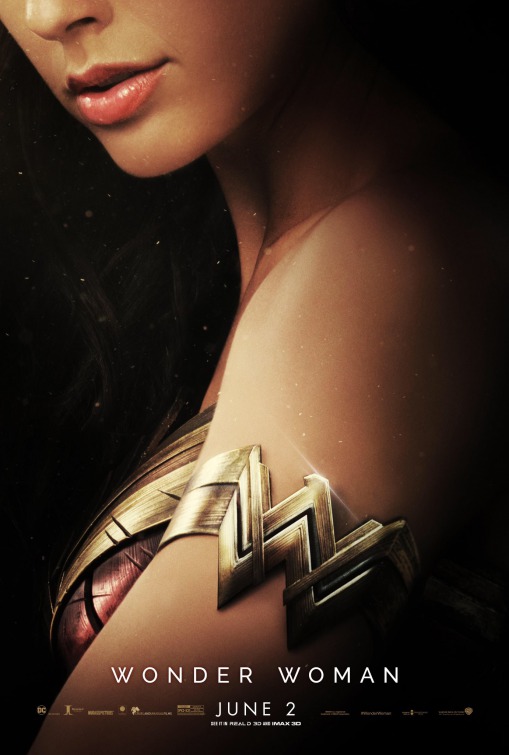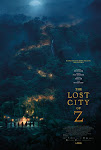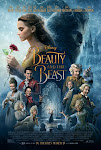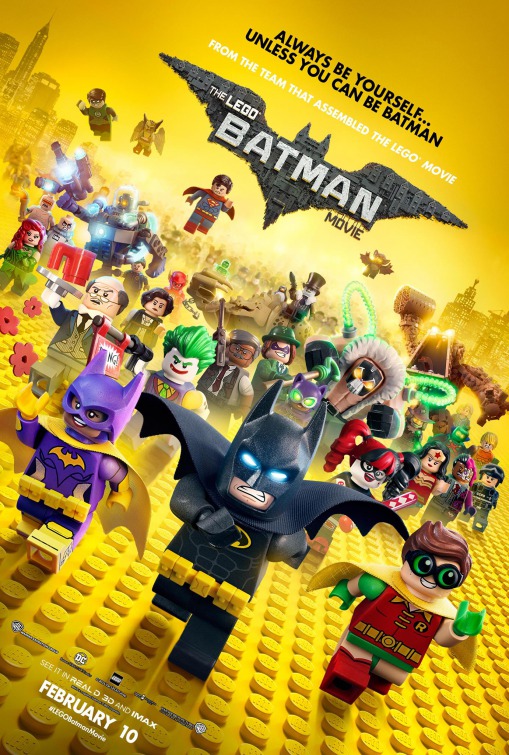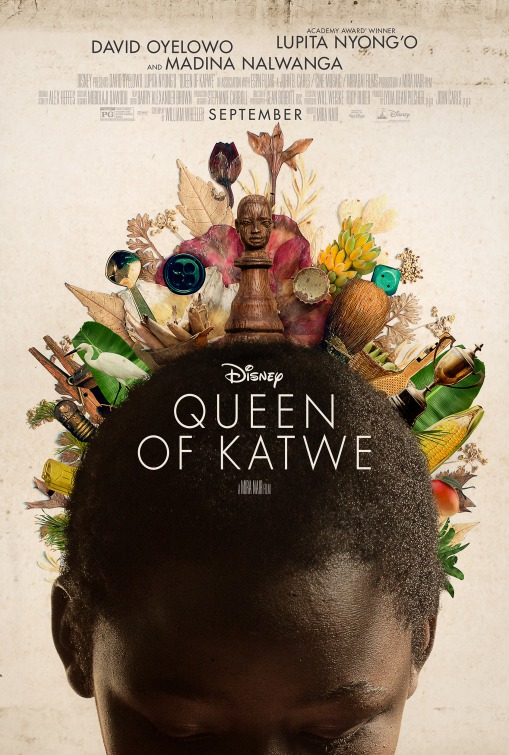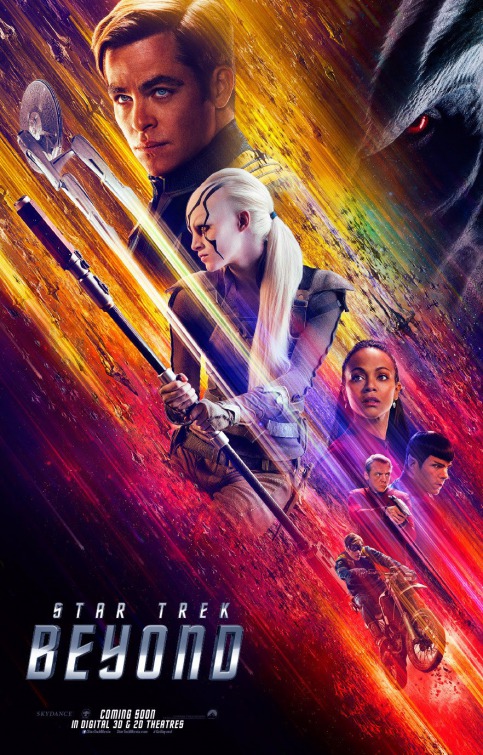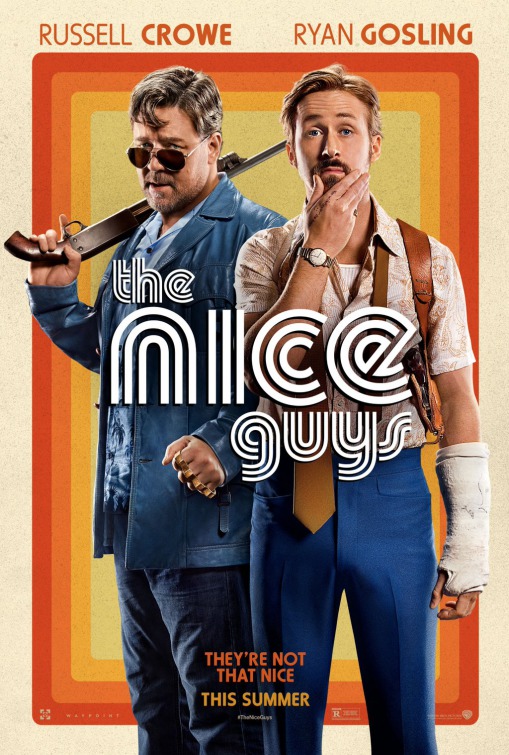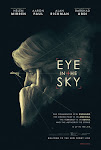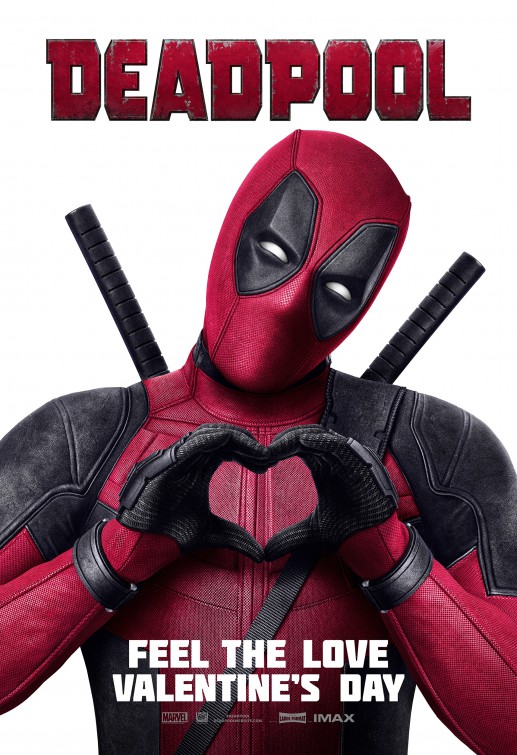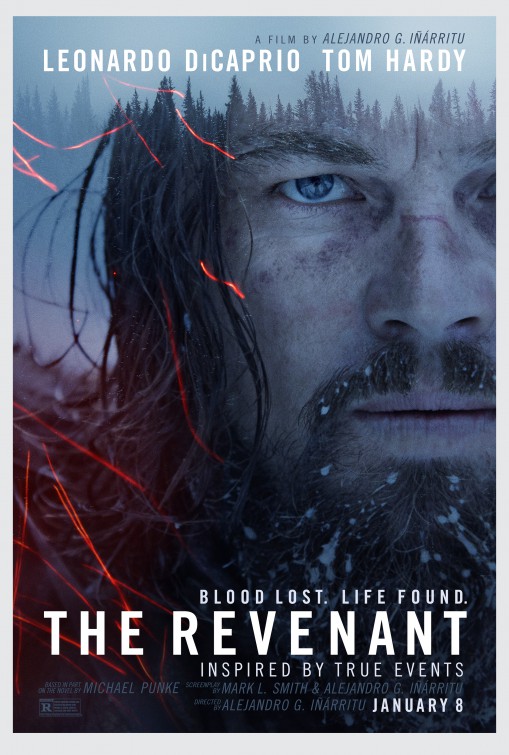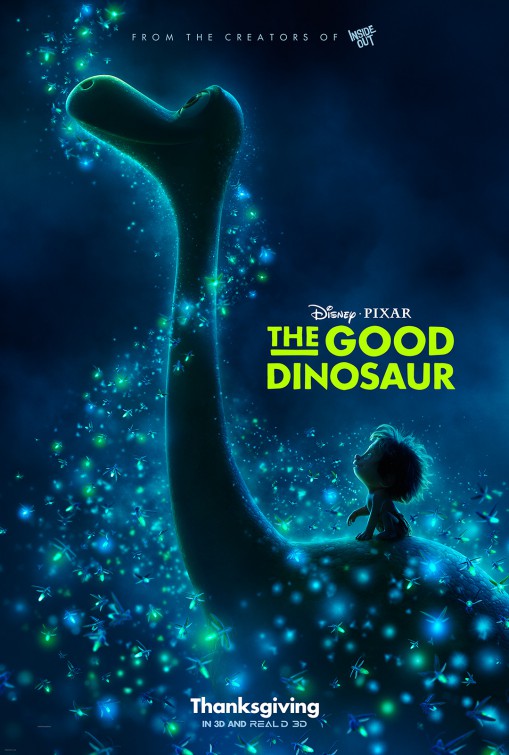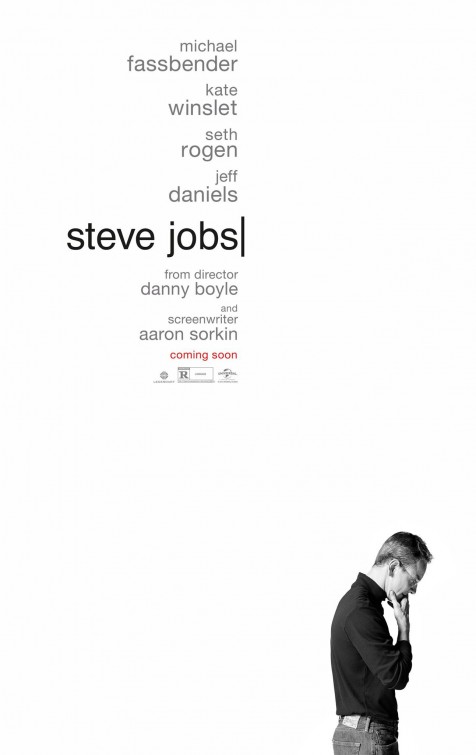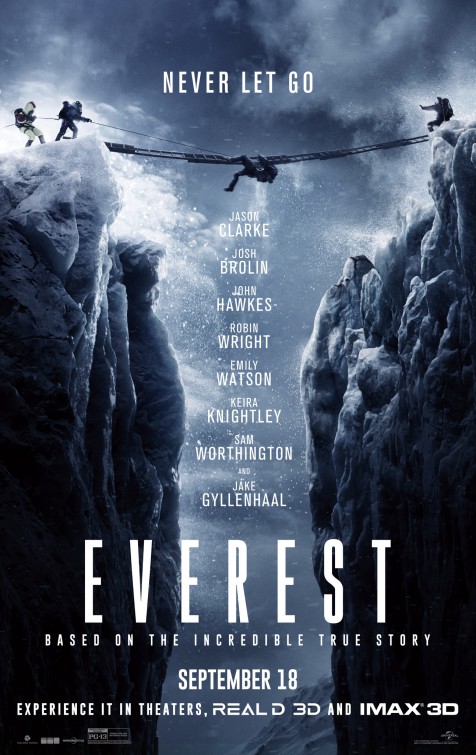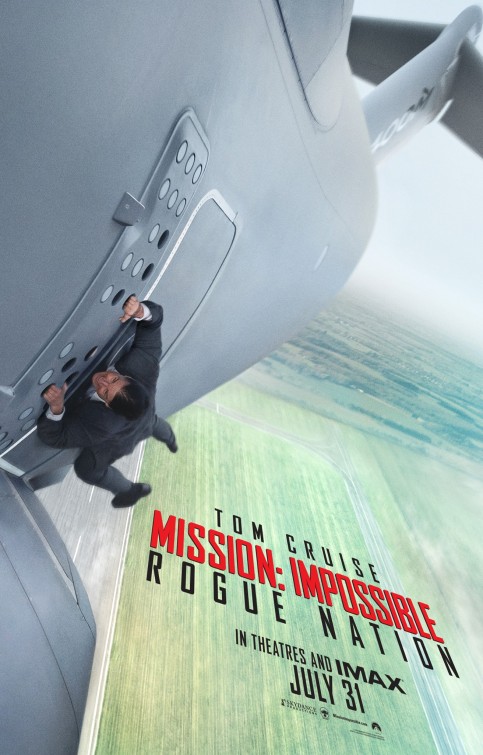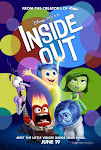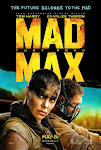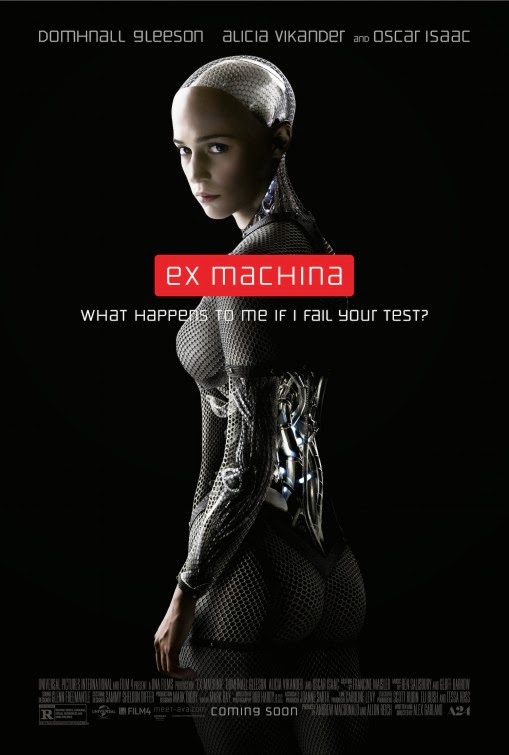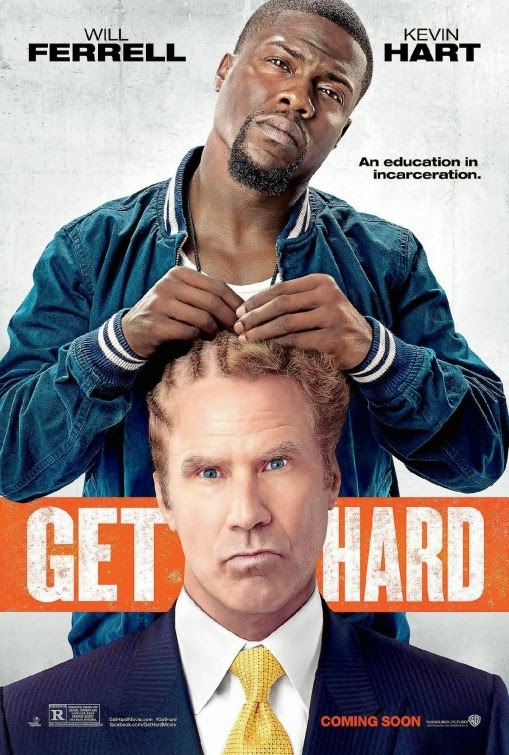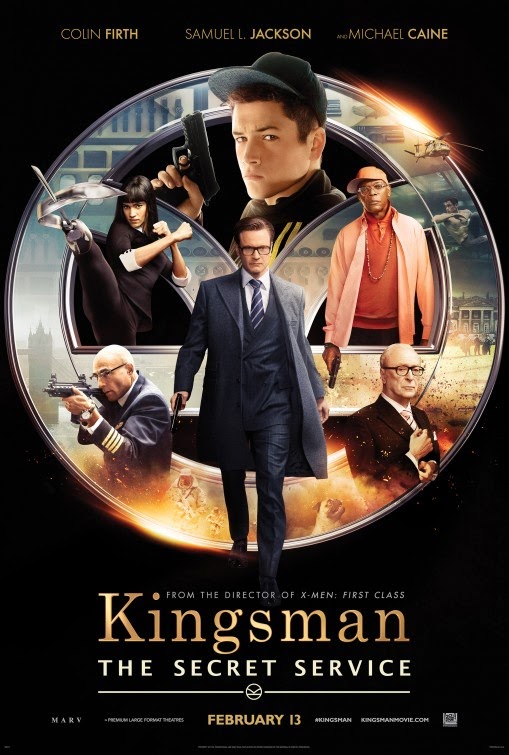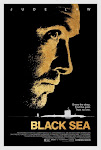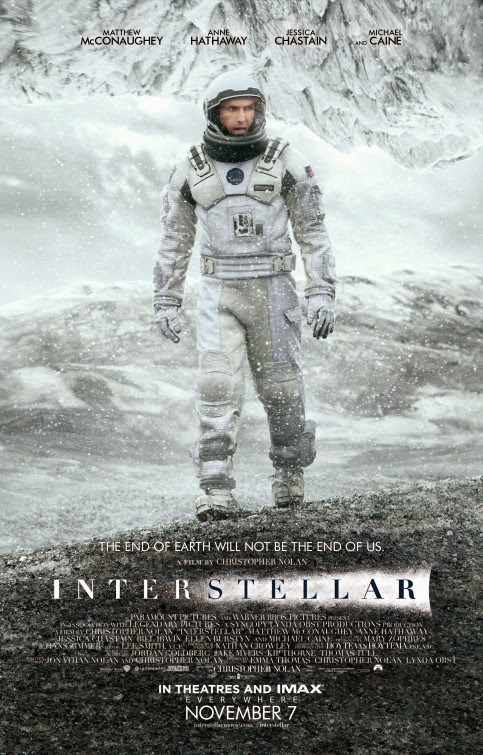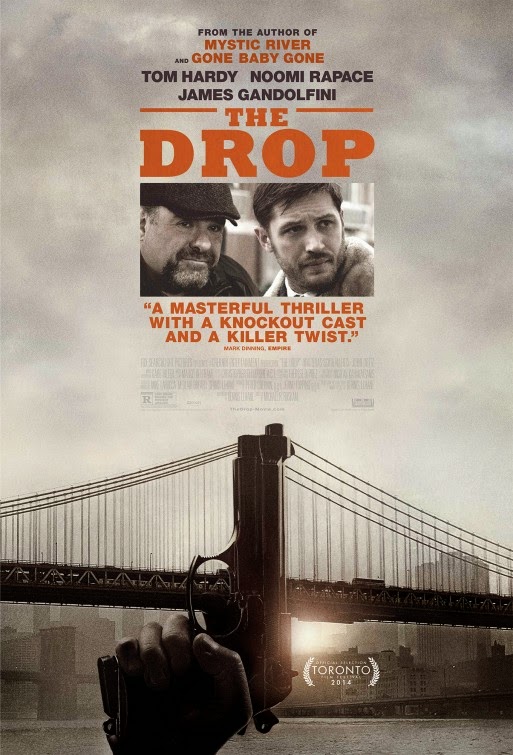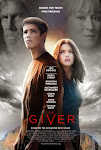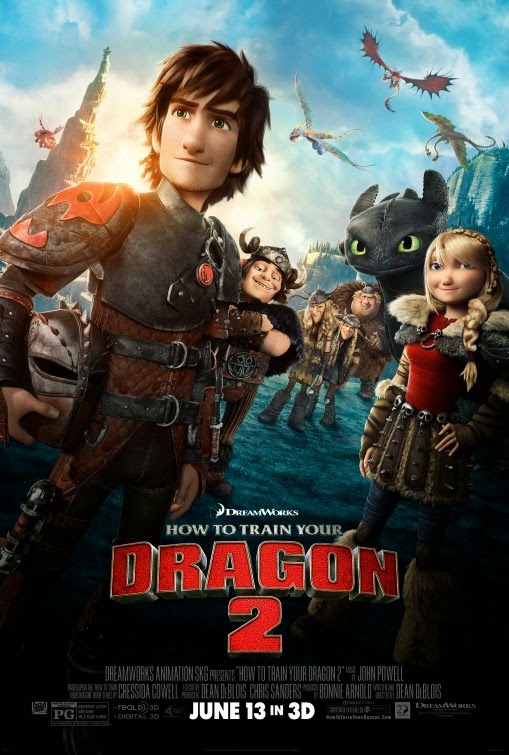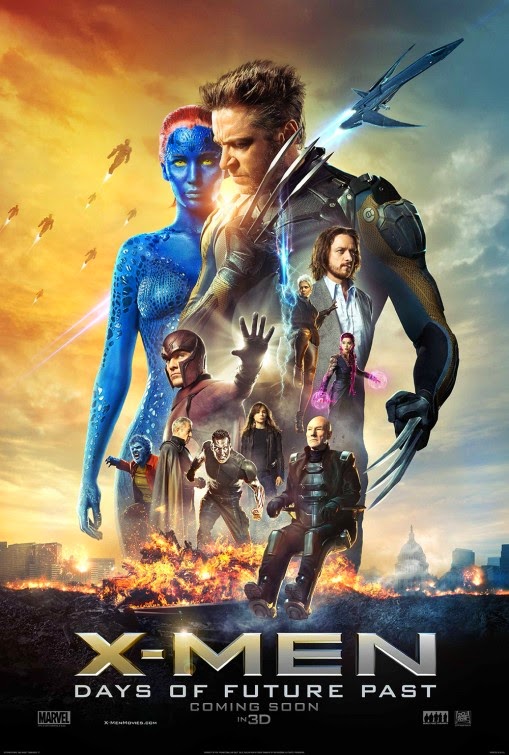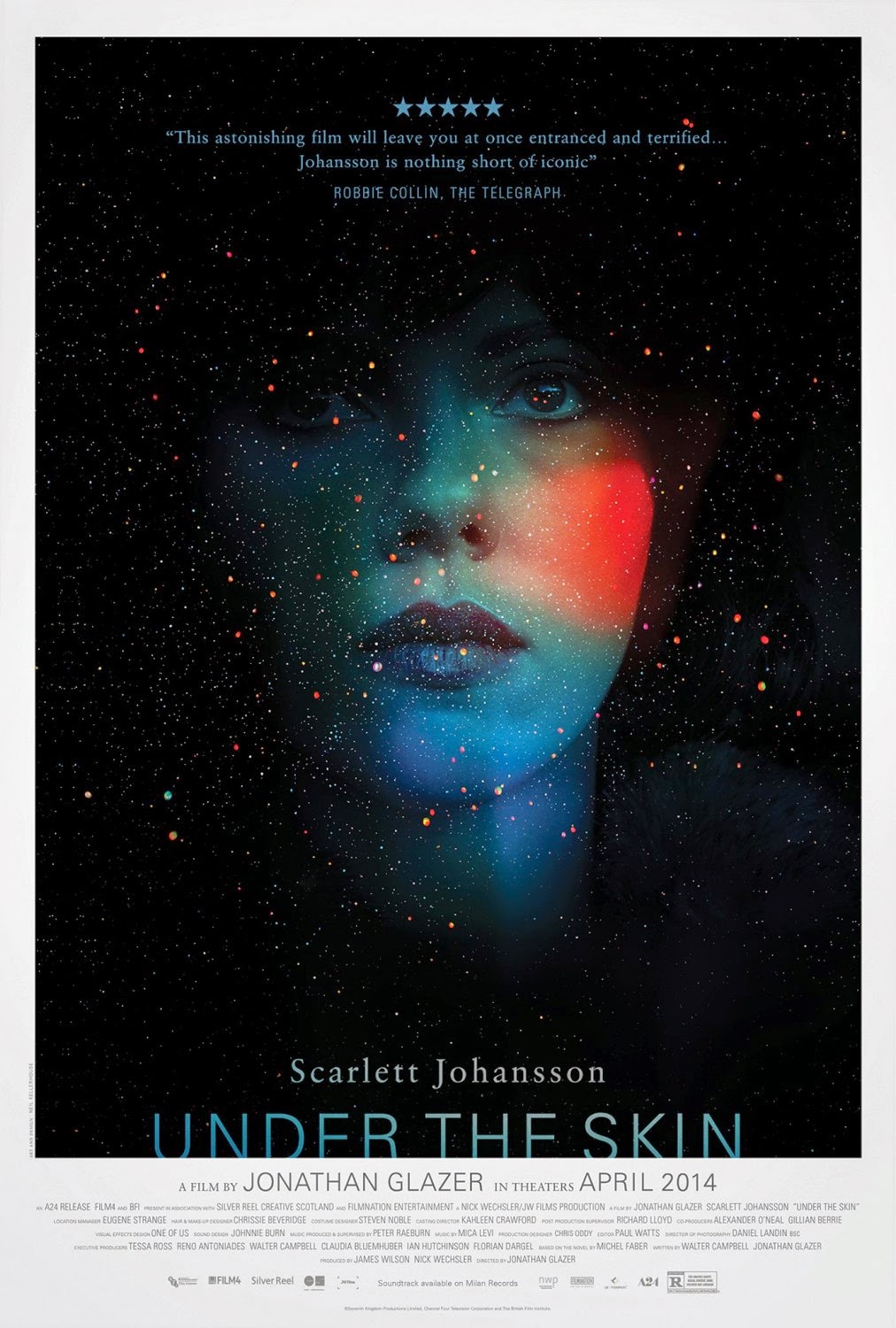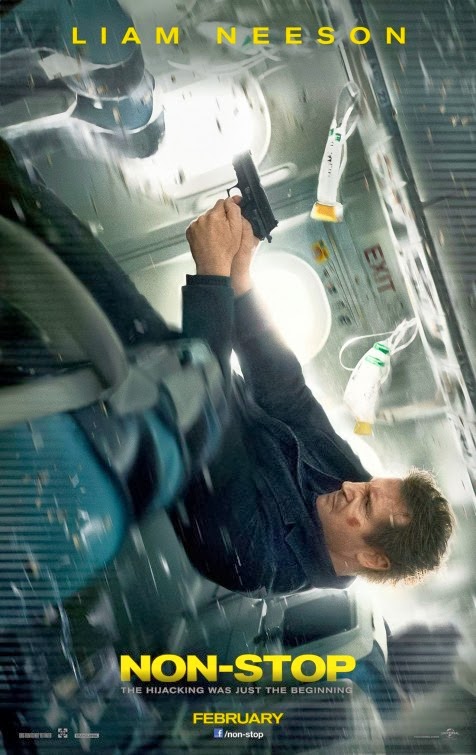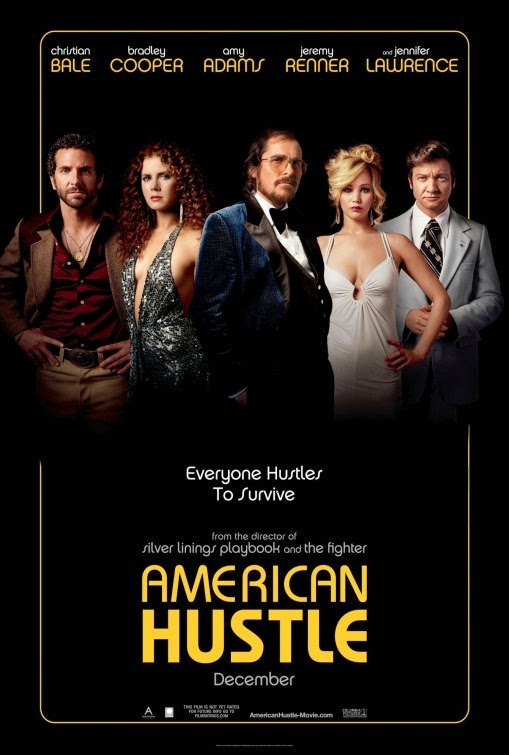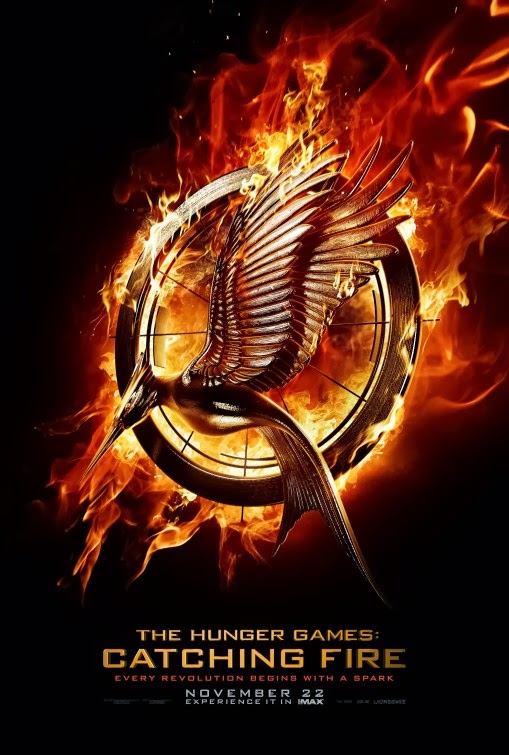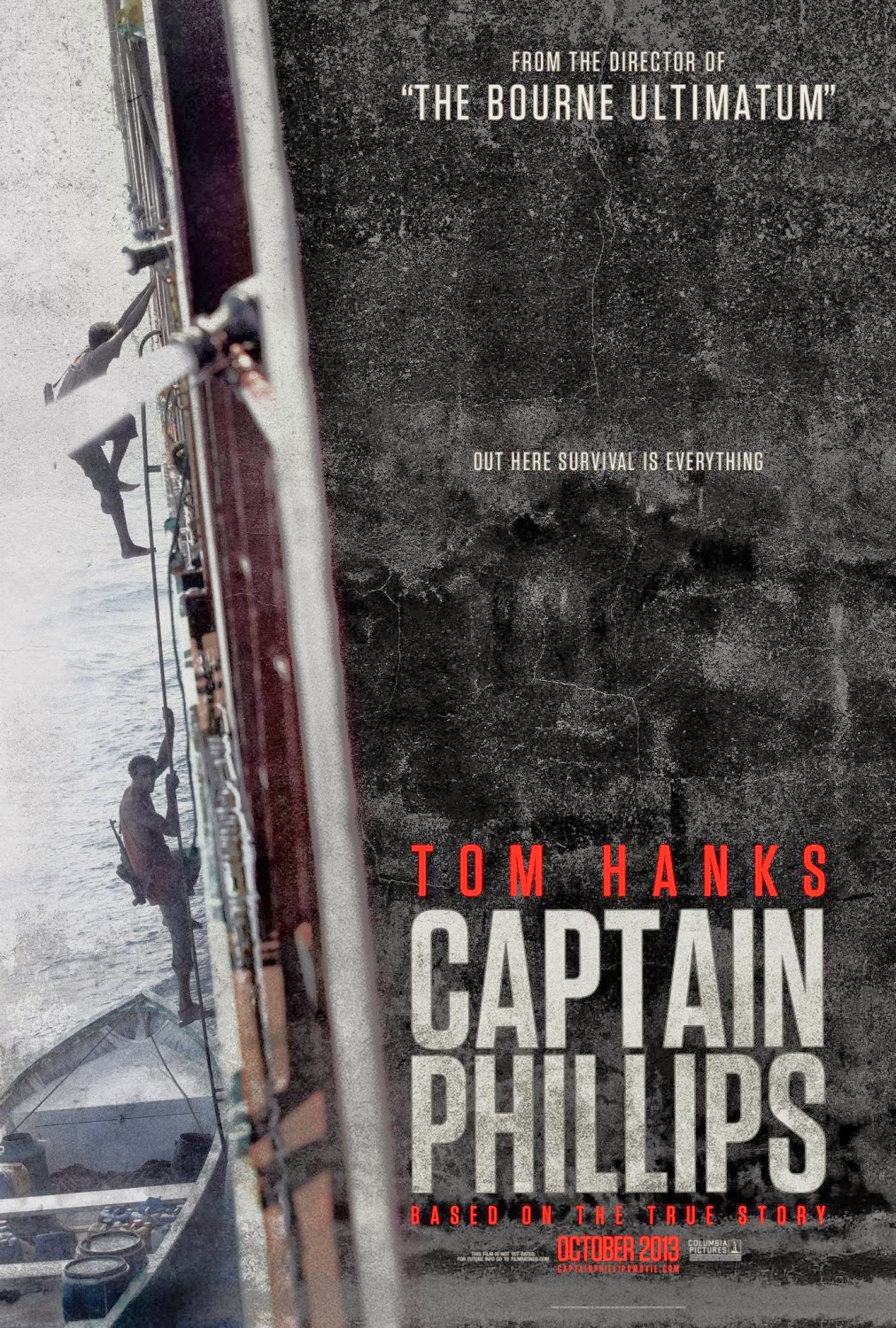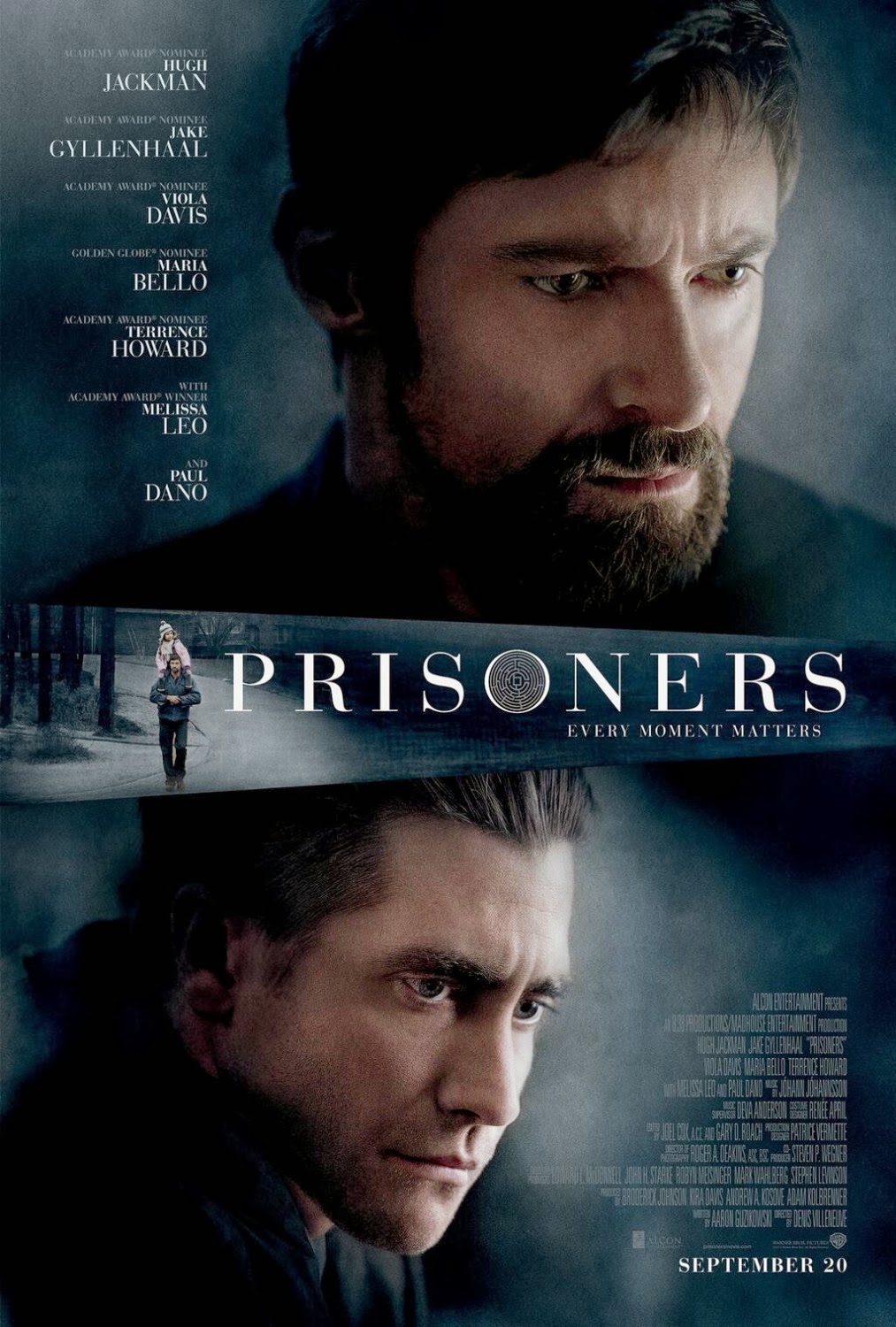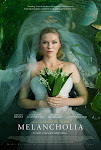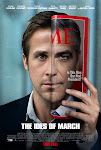Coastal View News
Summer means sunshine, parades, baseball games, trips to the
beach, and another “X-Men” movie. Some of us look on these things with delight.
Others of us look on them with trepidation, loathing, or at least some hesitance.
“X-Men: Days of Future Past” is indeed one of those summer blockbusters.
Whether or not it delights you, well, that’s your call.
One thing we can all agree on, though, is that the way
“X-Men: Days of Future Past” is set up is regrettable. Forget the logically
inconsistent time travel, which of course is passed off in standard “Whoa,
dude, it’s like, a paradox!” fashion. I’m not saying that such inconsistencies
are O.K. plot-wise (Are any
inconsistencies O.K. plot-wise? Do you not groan when so-and-so, who we know is
in Cleveland, pops up in Zimbabwe or something?). Nor am I saying that we
should give this depiction of time travel a pass because all time travel just has to be logically inconsistent (It may
or may not have to be, but, c’mon, don’t make it so that, at time t, person X would
have to both be and not be talking to time-travelling person Y. That’s not
deep. That’s just dumb.). I just think that since so many time travel movies simply
ignore these glaring problems, it is probably not worth stressing over how this
movie is a case in point.
So, aside from all that, this movie’s set up is regrettable
because it has too much herky-jerky, talking-at-the-camera explanation of what
is going on, and even when there is some showing rather than telling, it is
cringe worthy—like when we find out that Professor X once had a thing for
Mystique by our being shown a picture of Mystique in a golden frame placed
prominently by his bedside. Subtlety just isn’t this movie’s thing.
Now, what we are told is that the post-apocalyptic world the
movie opens with is the result of decades of fighting between mutants and
“Sentinels”, which are cyborgs developed by humans to kill mutants. What makes
the Sentinels so formidable, we are told, is that they can take on the mutant powers
of their enemies. Iceman, for example, is no use against a cyborg with the
powers of Sunspot (that much, at least, we are shown).
The mutants are getting killed off one by one. And it turns
out that all of this came about because, way back when, Mystique (Jennifer
Lawrence) assassinated Dr. Trask (Peter Dinklage), the inventor of the
Sentinels. Mystique hopes this will halt the Sentinel program. But it only
stokes anti-mutant fears. So it actually speeds up the program.
Thus, what Professor X (Patrick Stewart), Magneto (Ian
McKellen), et al. figure they should do is go back in time and stop Mystique.
And since Wolverine (Hugh Jackman) is the only one who can survive the trip to
the past, they send him back to enlist young Professor X (James McAvoy) and
Magneto (Michael Fassbender)—which is harder than he might have hoped—to stop
Trask’s assassination.
One interesting question—and, despite my earlier
complaining, I do think this is an interesting question—is whether changing
this or that particular event in history will have the impact that anyone might
expect it to have. Will stopping Mystique prevent Sentinels from being created?
Will it keep the war from happening? Will it save the X-Men? Turns out it’s pretty
tough to tell. Even if impossible time travel is no problem for the X-Men,
navigating the if-thens of the past turns out to provide plenty of perils.
I love how “X-Men” in general is conceived. I think the idea
of a mutant race that is at odds, both socially and politically, with a
non-mutant human population is pretty interesting. I also think that many of
the characters in this series are pretty cool. “X-Men: Days of Future Past” does
capitalize on some of these good-making features. It has interesting characters
and character development, which is aided by the fact that each of its cast of
thousands is very good at acting.
Nonetheless, while I do love how “X-Men” in general is
conceived, I do not love how “X-Men: Days of Future Past” is conceived. Nor do
I love how it was executed. Too much explaining. Too much sentimentality. Too
much reliance on actors’ charisma. Too cheesy. Too revisionary.
But does all this keep “X-Men: Days of Future Past” from
being fun or entertaining or likeable or a successful summer blockbuster? Hardly.




